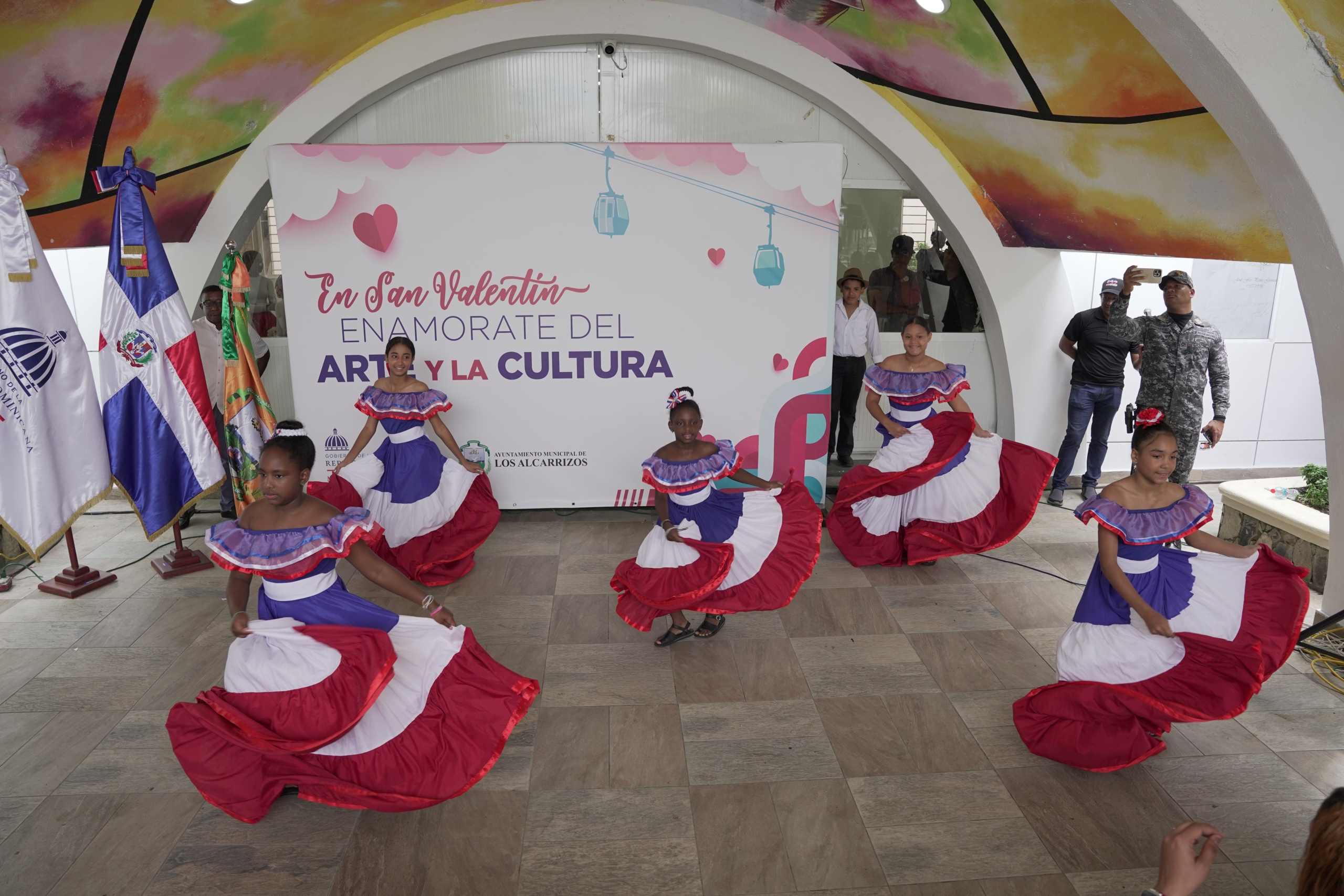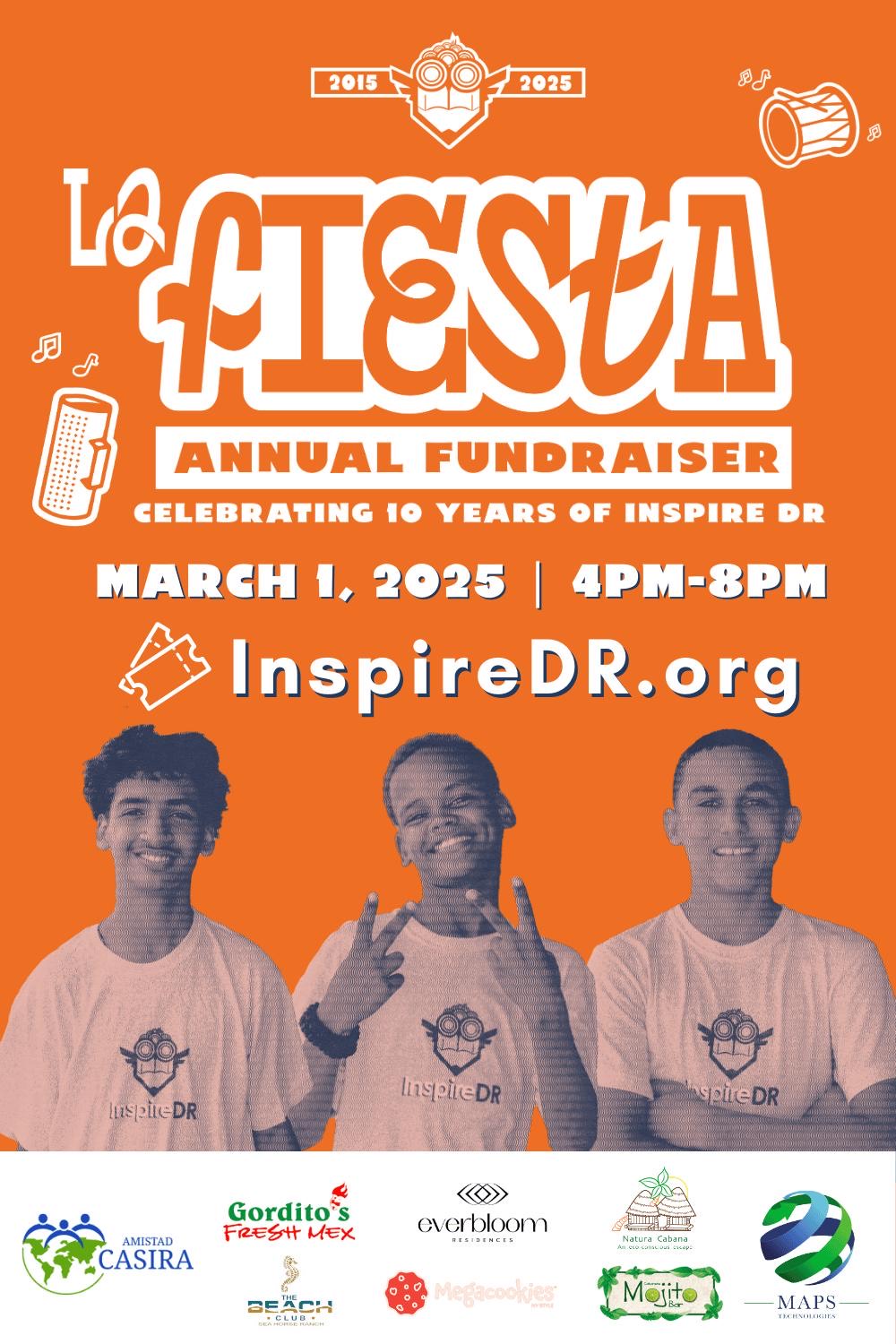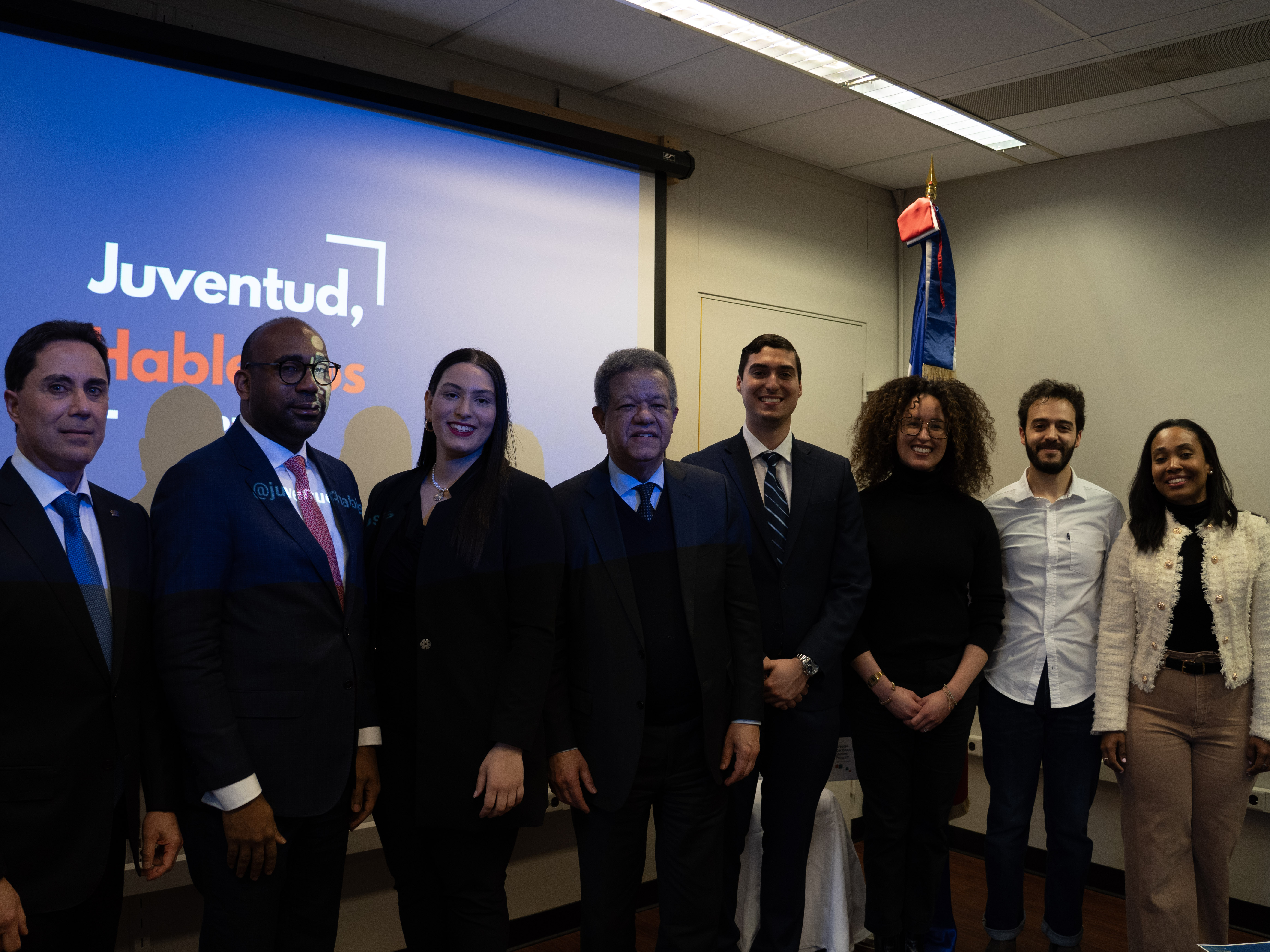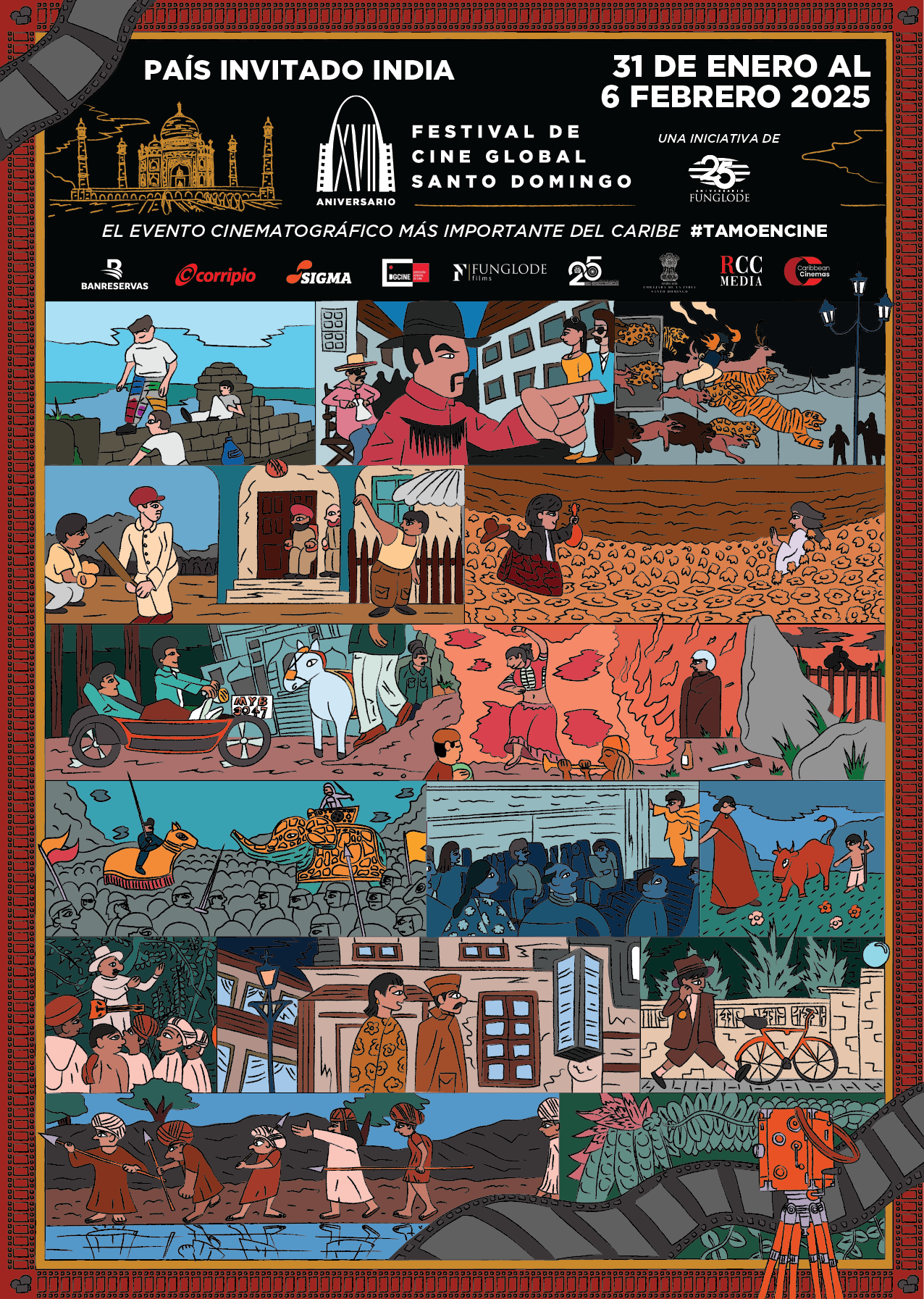Former President Leonel Fernández urged Latin American and Caribbean countries to work toward becoming self-sufficient in the area of food production
 | Former President Leonel Fernández urged Latin American and Caribbean countries to work toward becoming self-sufficient in the area of food production President Fernández made this remark in a speech on Tuesday at the International Seminar, “The Caribbean and the CELAC – EU Synergy. Operational Proposals after the Santiago Summit,” held in Brussels. The former president cited the case of Haiti, which practically does not cultivate rice, one of the major components of their diet, because it is cheaper to buy rice from the United States where its production and sale are subsidized by the government. The former President of the Dominican Republic and President of the Global Foundation for Democracy and Development, Fundación Global Democracia y Desarrollo (FUNGLODE), Doctor Leonel Fernández, urged Latin American and Caribbean countries to work toward achieving self-sufficiency in the area of food production as a way of cutting their reliance on outside markets, as is the case at the moment. Fernández made this proposal in a speech he gave at the International Seminar: “The Caribbean and the CELAC – EU Synergy. Operational Proposals after the Santiago Summit,” which was dedicated to various aspects of bilateral relations between Europe and Latin American and the Caribbean. The former president cited the case of Haiti, which practically does not cultivate rice, one of the major components of their diet, because it is cheaper to buy rice from the United States where its production and sale are subsidized by the government. Fernández, leader of the Dominican Liberation Party (PLD), pointed to another situation which he characterized as absurd: the Dominican Republic is the largest producer of rice in the Caribbean and the vast majority of farm laborers who work in the rice fields are Haitian. To further elaborate, Fernández said that to address this inequality, in addition to eliminating US subsidies, a new wave of reforms in Latin America and the Caribbean are necessary to create the conditions for establishing a chain of production that would enable the region to effectively integrate into the world economy. Nevertheless, he noted that current conditions in countries like the Dominican Republic and Haiti, for example, would make it impossible to set up an auto industry. These two countries could, however, manufacture and assemble car parts. To do this would require training the labor force as well as studying the possibility that these two countries could supply the necessary raw materials. Fernández pointed out that the economy in Latin America and the Caribbean has undergone major transformations in the past 50 years but, since 2008, economic growth has been severely affected by the global financial crisis. Benita Ferrero-Waldner, President of the EU-LAC Foundation, also spoke at the summit. She affirmed that the Caribbean “plays a key role as a strategic partner” in European and Latin American relations. The Seminar The seminar, in which Fernández participated as one of the promoters of the Community of Latin American and Caribbean States (CELAC), was organized with the objective of providing a space for an open exchange of ideas and discussion between academic experts and officials from both regions. The activity was organized by the European Union-Latin America and Caribbean Foundation (EU-LAC), the Inter-University Institute for Relations between Europe, Latin American and the Caribbean (IRELAC) and the Institute for the Americas (IDA). The event was held at the Catholic Institute of Economic Studies in Brussels. Other topics covered by the academic experts and official authorities included climate change, financial restrictions, challenges of interconnectivity, changes in regional cooperation between the EU and its Latin American and Caribbean partners, among other topics. Lady Catherine Ashton, High Representative of the European Union for Foreign Affairs and Security Police; Benita Ferrero, President of the EU-LAC Foundation; Brigitte Chanoine, Rector of the ICHEC and Jean Michel Blanquer, President of the Institute of the Americas all spoke at the opening ceremony of the event. After the opening ceremony, the topic of relations between the European Union and Latin America and the Caribbean was discussed by Margaret King-Rousseau, Ambassador from Trinidad & Tobago to the European Union and Antonio Romero, Director of International Commerce and Havana University’s Department of Integration of CIEI. Others who spoke included Christian Leffler, Director of the European External Action Service for Latin America; Lancelot Cowie, of the Center for Latin America and the Caribbean of the University of the West Indies Trinidad & Tobago; Rogelio Pérez-Bustamante, Director of the Jean Monnet Center for Excellence at Rey Juan Carlos University of Madrid, Spain and Margaret King-Rousseau, Ambassador from Trinidad &Tobago to the European Union. Former President Fernández talked about “Challenges of Caribbean Growth, Environment, Climate Change and Natural Disasters.” Others who spoke on this same topic included Jacques-Edouard Alexis, former Prime Minister of Haiti; Wilfred Christopher, Ambassador from Surinam to the European Union; Philippe Orliange, executive from the French Agency for Development and Margaretha Mazura, Secretary General of the European Forum for Excellence (EMFA). Following the summit, Fernández traveled to Paris to participate in other academic activities. |

Related News
-

(Versión en español) MINC realiza el evento "Enamórate del Arte y la Cultura" en Los Alcarrizos
-

(Versión en español) InspireDR celebra una década de impacto con “La Fiesta 10” en Cabarete
-

(Versión en español) Organización “Juventud Hablemos” de la Universidad de Columbia y la GFDD copatrocinan a casa llena evento sobre “La evolución de la democracia en la República Dominicana”
-

(Versión en español) Realizan premiere del documental “El Padrino II: 50 años y su filmación en República Dominicana”
-

Actividad #1
Dónde:: Complejo Acuático Del Centro Olímpico Juan Pablo Duarte.
Días: 28 y 29 de noviembre 2016.
Precios: RD$1,1000.00 VIP, RD$600.00 gradas.



